Implementation & Adoption Stories
The FAIR-IMPACT Implementation stories illustrate good practices in research communities and organisations to support the implementation of the FAIR principles.
Implementation Story
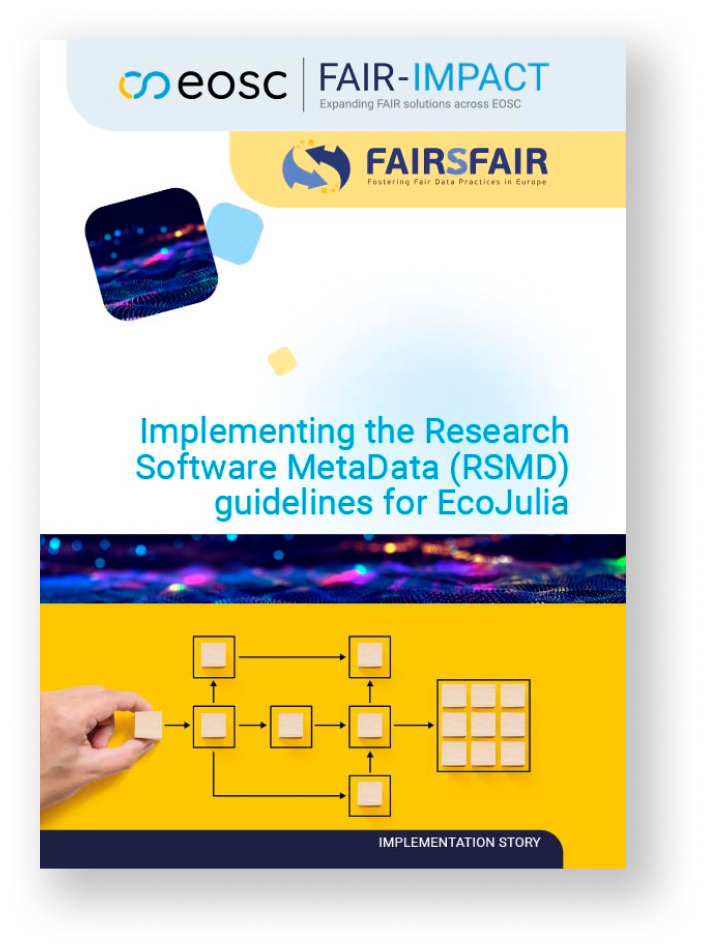
Assessing and improving existing research software
This FAIR Implementation Story outlines the specific aims and actions of the University of Glasgow in relation to their participation in one or both support actions.
Implementation Story
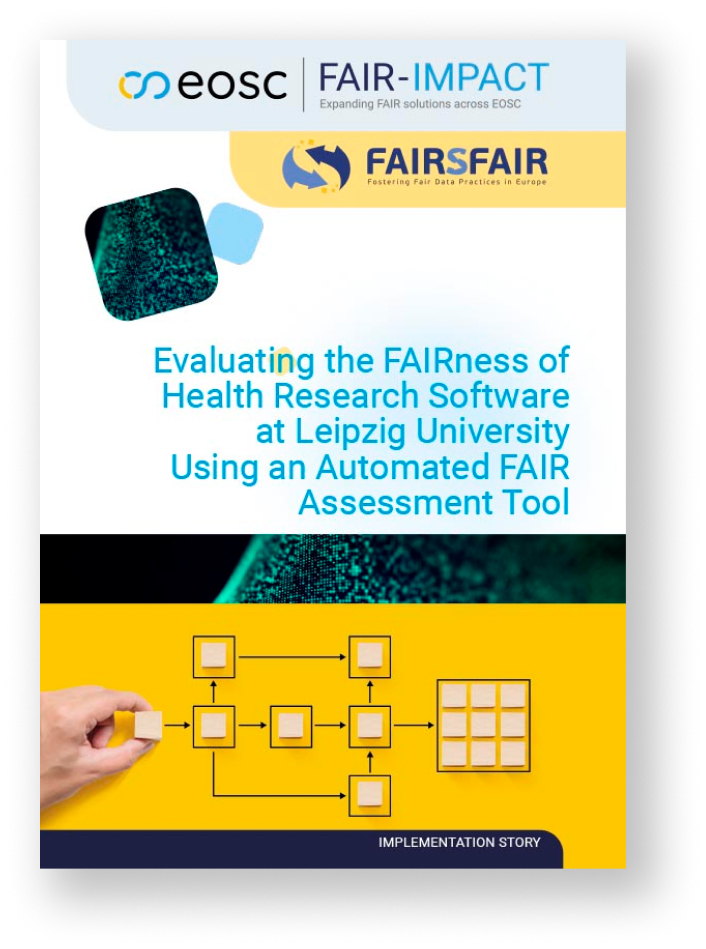
Assessing and improving existing research software
This FAIR Implementation Story outlines the specific aims and actions of Leipzig University in relation to their participation in one or both support actions.
Implementation Story
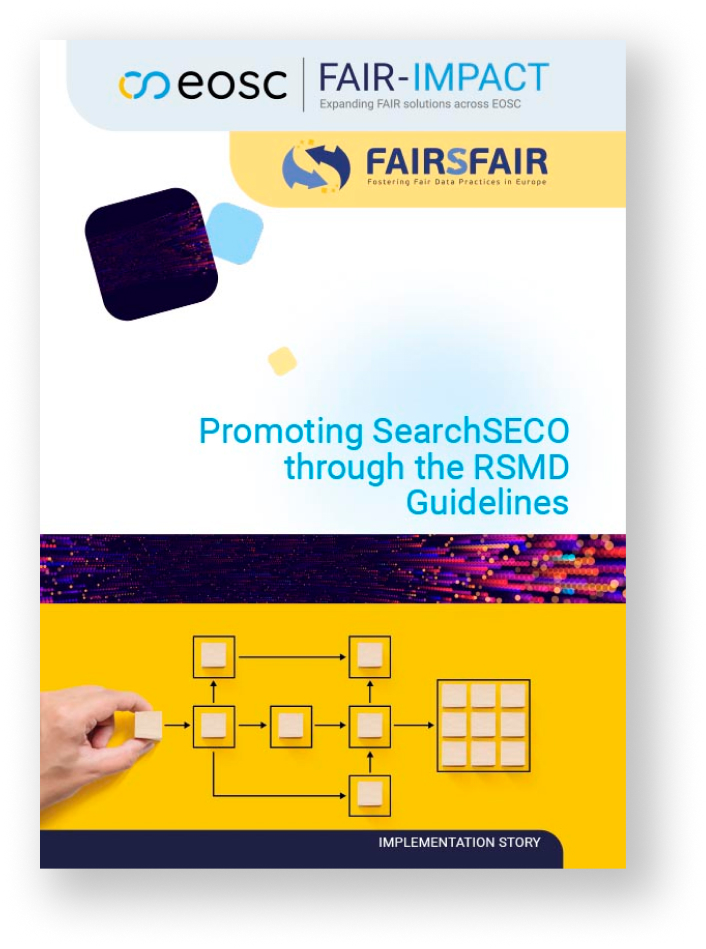
Assessing and improving existing research software
This FAIR Implementation Story outlines the specific aims and actions of Utrecht University in relation to their participation in the Implementing the Research Software MetaData (RSMD) Guidelines - Path 2 - OC-RSMD-07.
Implementation Story
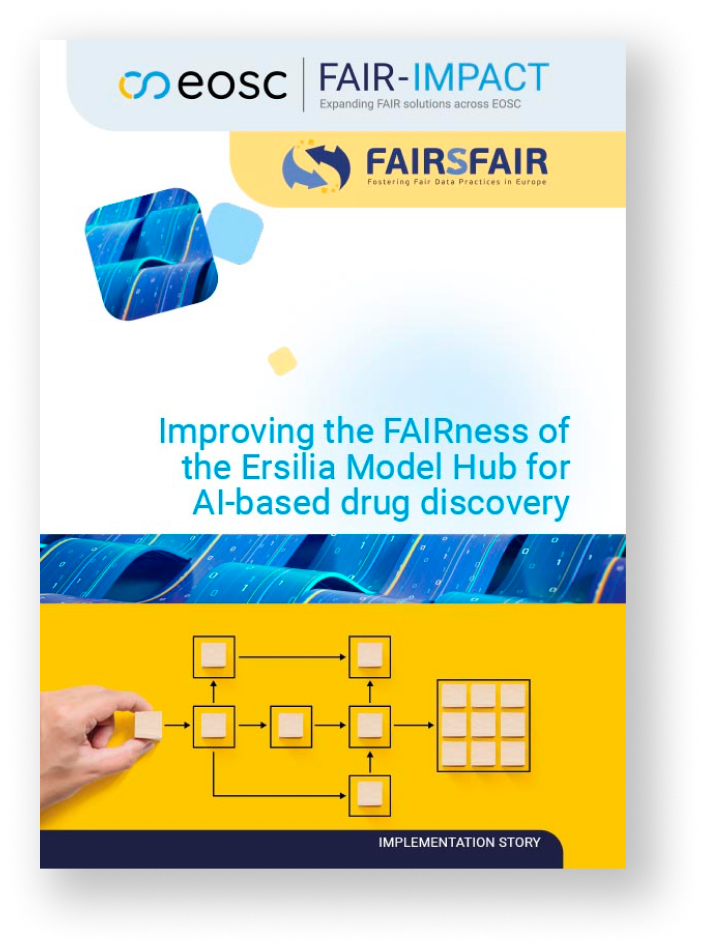
Assessing and improving existing research softwar
This FAIR Implementation Story outlines the specific aims and actions of The Ersilia Open Source Initiative in relation to their participation in one or both support actions.
Implementation Story
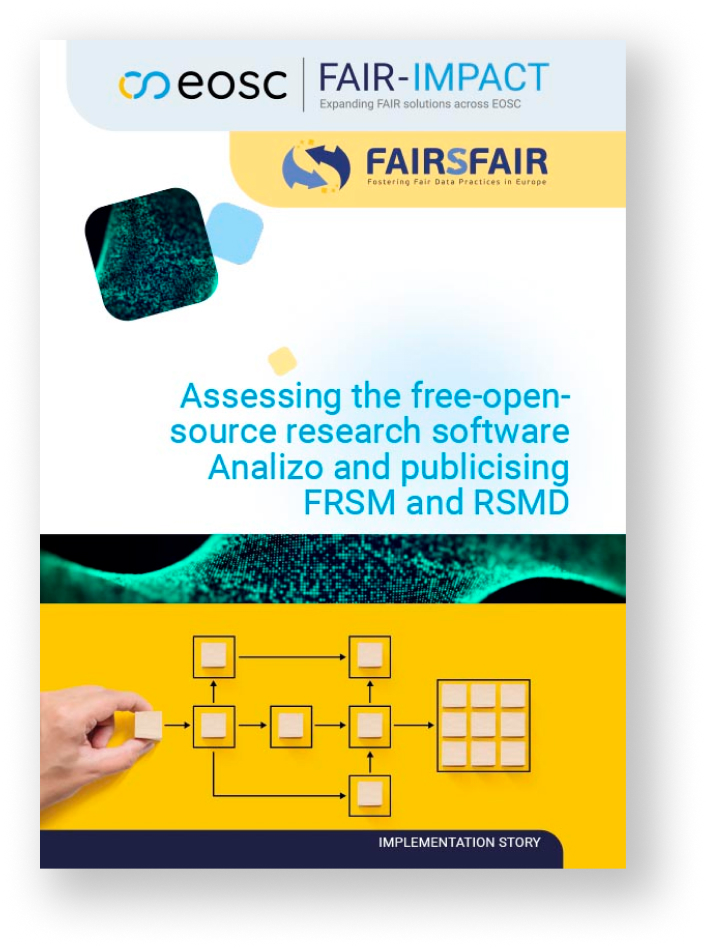
Assessing and improving existing research software
Software plays a crucial role in academic research, not only as a tool for data analysis but also as a research outcome or result, or even the object of research itself. FAIR (Findable, Accessible, Interoperable, Reusable) research software can increase the transparency, reproducibility, and reusability of research. For this to happen, software needs to be well-described (by metadata), inspectable, documented and appropriately structured so that it can be executed, replicated, built upon, combined, reinterpreted, reimplemented, and/or used in different settings.
Implementation Story
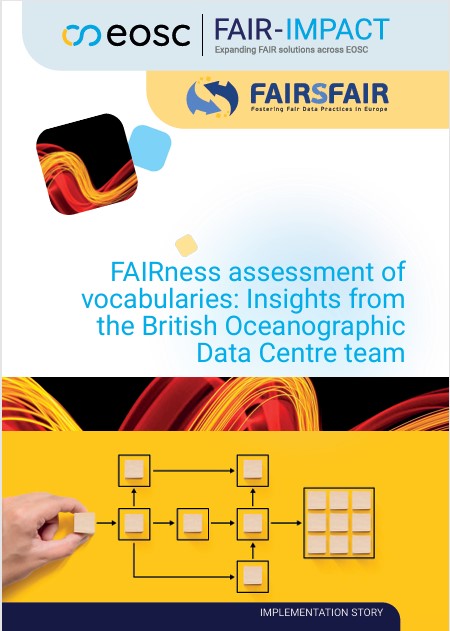
FAIRness Assessment Challenge
A team from the British Oceanographic Data Centre tested different methods and tools (10 simple rules, recommendations for FAIR semantics, O’FAIRe, FOOPS!, and F-UJI) in the task of assessing the FAIRness of their controlled vocabulary.
Implementation Story
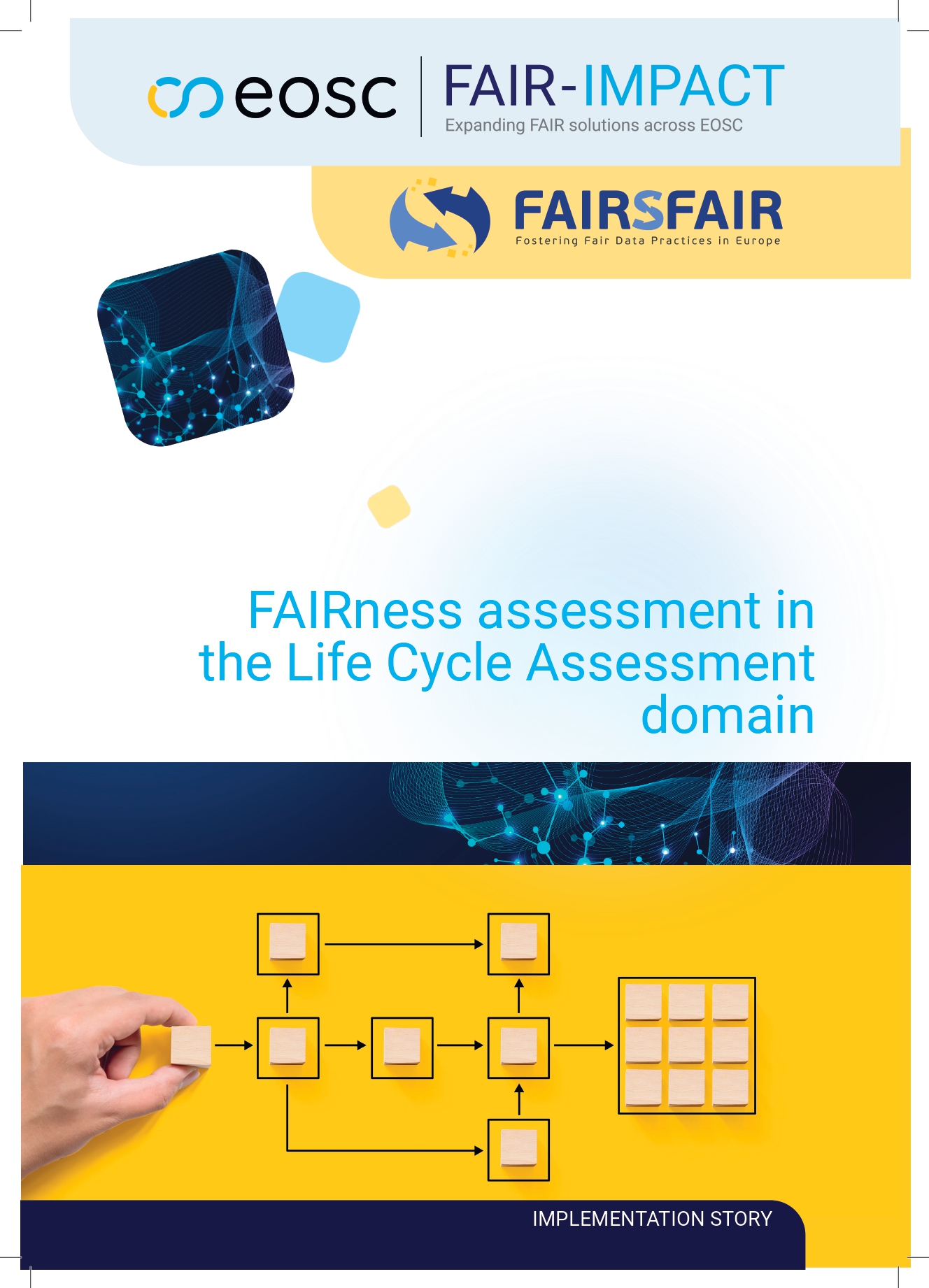
FAIRness Assessment Challenge
A researcher from the Life Cycle Assessment (LCA) domain assessed the FAIRness of one of their datasets using F-UJI and an ontology using FOOPS! and FAIRsFAIR Semantic Recommendations, as part of broader ongoing efforts to understand the level of FAIRness in the LCA domain and gain insights to define good practice workflows for data sharing.
Implementation Story
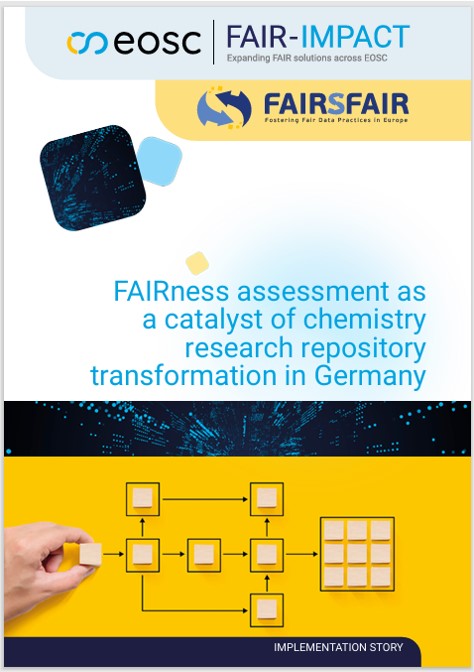
FAIRness Asssement Challenge
A team from FIZ Karlsruhe - Leibniz Institute for Information Infrastructure used F-UJI to assess the FAIRness of representative datasets from the RADAR4Chem repository, which helped them identify some improvements and inspired them to include a FAIRness check functionality in their repository.
Implementation Story
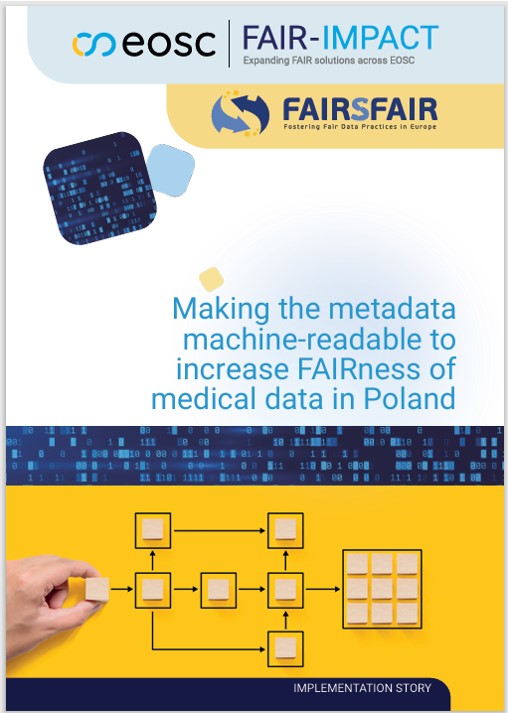
FAIRness Asssement Challenge
A team from the Medical University of Gdansk (MUG) Main Library increased the FAIRness and machine readability of their repository datasets with the help of the F-UJI tool.
Implementation Story
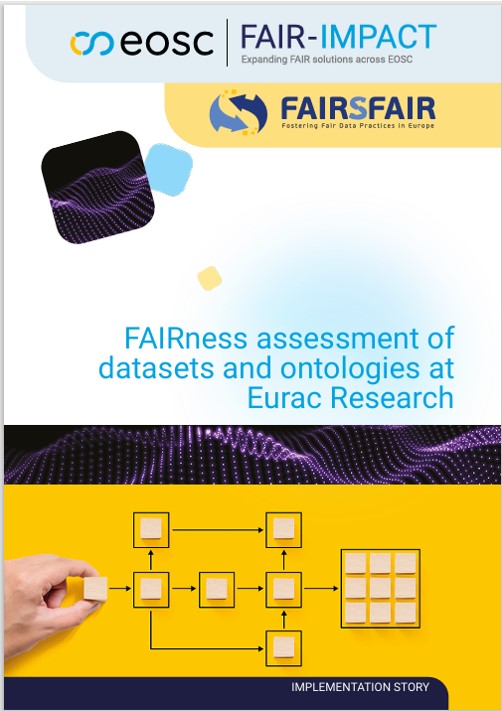
FAIRness Asssement Challenge
A team from Eurac Research assessed the FAIRness of a dataset hosted in their Environmental Data Platform using F-UJI and an ontology using O’FAIRe. After an initial low score in F-UJI, they implemented signposting to improve the machine interoperability of their metadata catalogue.
Implementation Story
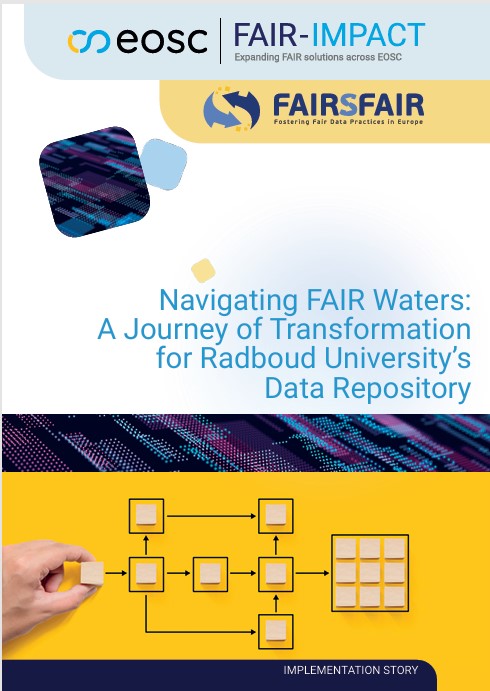
FAIRness Asssement Challenge
A team from Radboud University’s Research Data Repository used FDMM and F-UJI to assess the FAIRness of their service and as a starting point to create an action plan to improve it.
Implementation Story
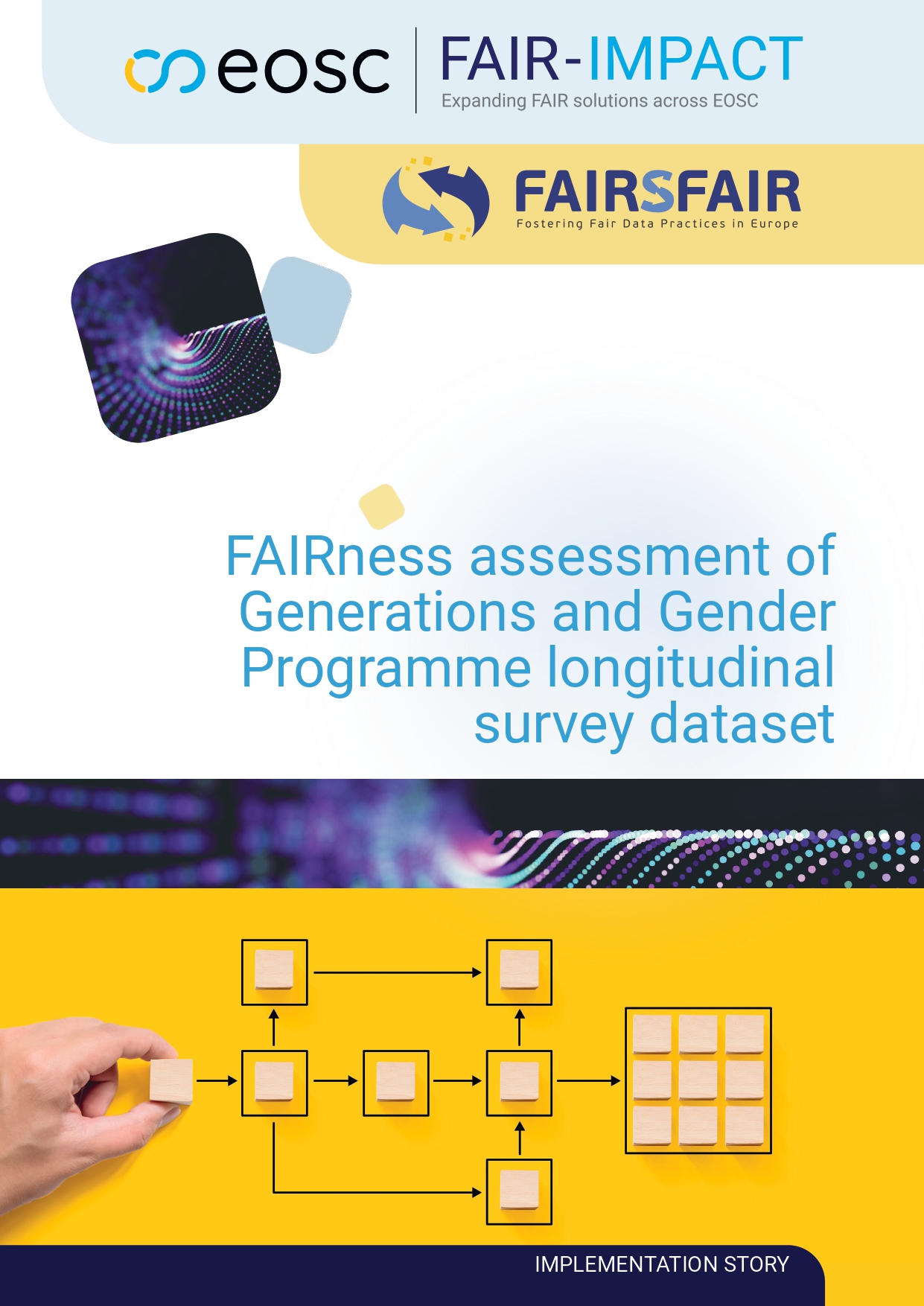
FAIRness Asssement Challenge
A team involved in the Generations and Gender Programme tested F-UJI, FDMM and SHARC to assess the FAIRness of their longitudinal panel survey dataset.